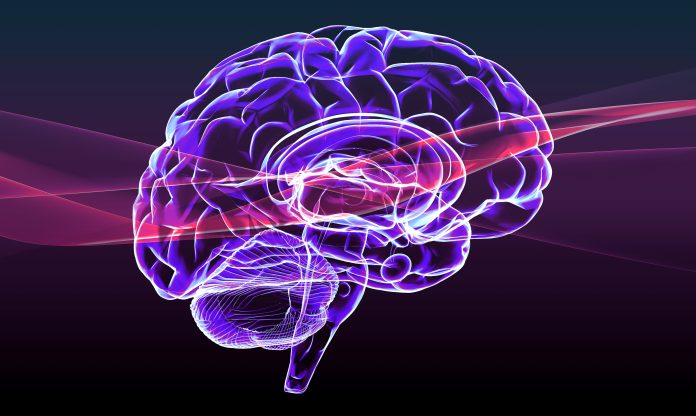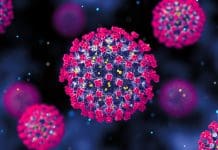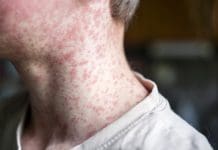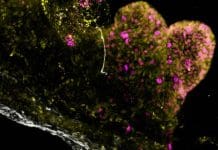Scientists have found a link between bacteria in the mouth and gut and the progression of cognitive decline in Parkinson’s disease
Researchers at King’s College London have discovered a link between bacteria in the mouth and gut and changes in the brains of individuals with Parkinson’s disease. This study suggests that the bacteria living in these areas may be linked to the early stages of the condition.
Dr Saeed Shoaie, group leader of the Quantitative Systems Biology (QTS) Lab at King’s College London, said: “The human gut and oral bacterial communities are increasingly linked to neurodegenerative diseases. Disruptions in the gut-brain axis could trigger inflammation and immune responses that contribute to neuronal damage. A common gum disease bacterium, Porphyromonas gingivalis, has been discovered as a potential driver of Alzheimer’s.”
Microbiome changes could act as early warning signs of Parkinson’s
In the study, published in Gut Microbes, the researchers analysed gut and mouth bacteria, collecting 228 samples of stool and saliva. This included two groups of patients with Parkinson’s – those with mild cognitive decline and those with dementia – showing different stages of the disease. There was also a healthy control group with no Parkinson’s diagnosis.
The researchers found apparent differences in the types and functions of bacteria between the groups. In people with cognitive impairment, the gut contained more harmful bacteria, many of which had likely come from the mouth.
This process, known as ‘oral-gut translocation’,’ involves oral bacteria moving into the gut, where they don’t typically don’t belong. These bacteria were found to release specific molecules known as virulence factors, toxins that can damage gut tissue, promote inflammation, and possibly affect the brain.
First author Dr Frederick Clasen, research associate at the QTS lab, King’s College London, said: “We don’t yet know if the bacteria are causing the cognitive decline or if changes in the body due to Parkinson’s allow these bacteria to grow. But our findings suggest they may play an active role in worsening symptoms.”
The team used Artificial Intelligence to pinpoint bacterial species
Using artificial intelligence, the team linked toxins specifically to cognitive decline in Parkinson’s. These tools helped pinpoint bacterial species and functions that weren’t obvious by traditional analysis alone.
Dr Clasen explained: “These toxins could be used as biological markers to identify patients at higher risk of dementia in Parkinson’s. In the future, they might also be targets for new treatments that protect the brain by changing the gut environment.” This discovery opens up new possibilities for the treatment of Parkinson’s, offering hope for improved patient outcomes.
The findings underscore the significance of oral hygiene and nutrition in individuals with Parkinson’s, particularly as the disease progresses. This highlights the role that individuals can play in managing their condition, empowering them to take control of their health.
Dr Shoaie, who co-authored the study, added: “The emerging evidence underscores the potential importance of maintaining oral and gut health in mitigating or slowing neurodegenerative processes. As people with Parkinson’s become increasingly reliant on carers, routine practices such as oral hygiene and nutritional intake may be neglected.
“Our findings suggest that promoting a healthy microbiome through consistent oral care, a balanced diet, and potentially targeted probiotic interventions could support improved disease management in Parkinson’s.” This insight inspires a new approach to disease management, motivating further exploration and research in this area.








